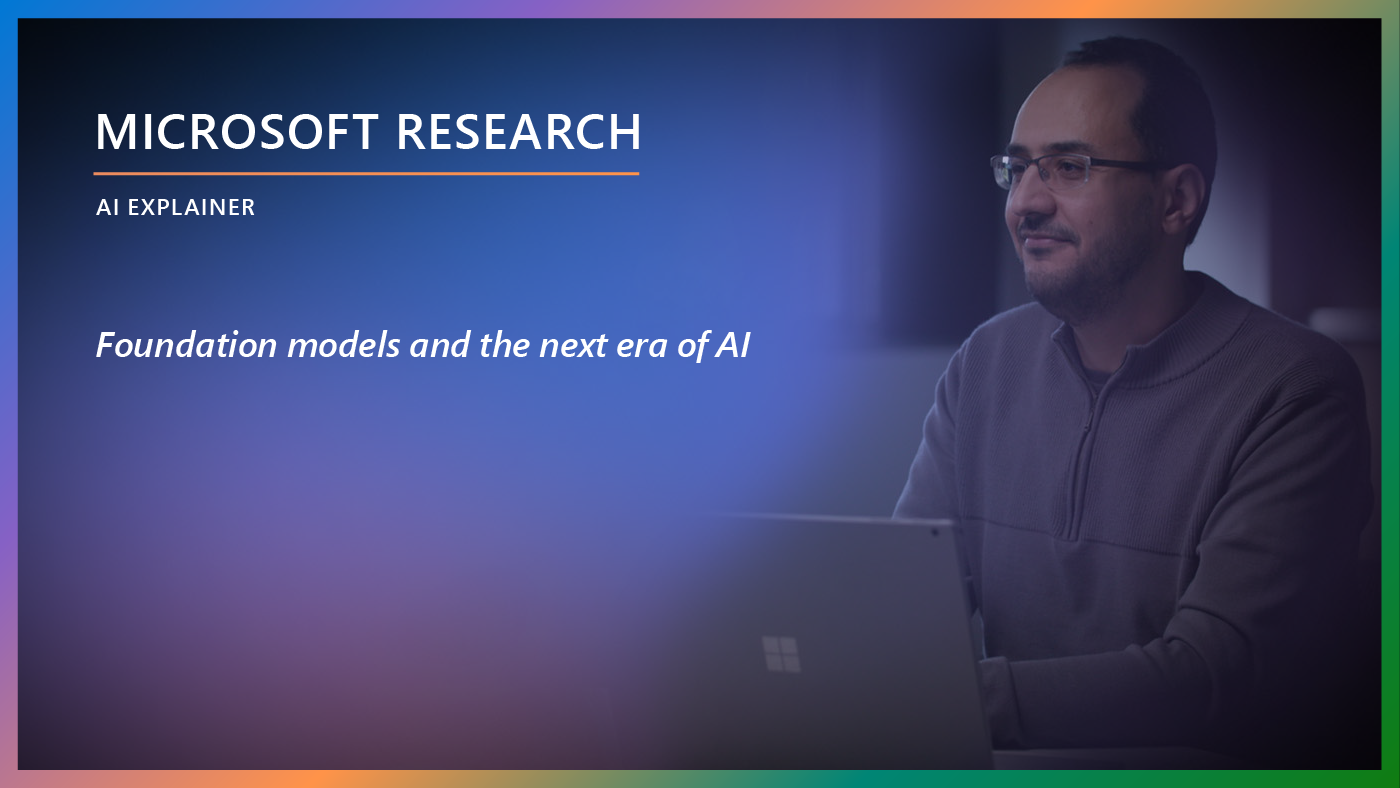Welcome to Research Focus, a series of blog posts that highlights notable publications, events, code/datasets, new hires and other milestones from across the research community at Microsoft.

EVENT SERIES
Register for Microsoft Research Forum
Join Microsoft Research Forum (opens in new tab) for a continuous exchange of ideas about science and technology research in the era of general AI. This series, which begins on January 30, will explore recent research advances, bold new ideas, and important discussions with the global research community. Register now to receive access to all episodes in this quarterly series and be part of the conversation.
NEW RESEARCH
Improving Text Embeddings with Large Language Models
Text embeddings are vector representations of natural language that encode semantic information. They are widely used in various natural language processing tasks, such as information retrieval, question answering, semantic textual similarity, bitext mining, item recommendation, etc.
In a recent paper: Improving Text Embeddings with Large Language Models (opens in new tab), researchers from Microsoft introduce a novel and simple method for obtaining high-quality text embeddings using only synthetic data and less than 1k training steps. Unlike existing methods, this new method does not require building complex training pipelines or manually collected datasets that are often constrained by task diversity and language coverage. The researchers leverage proprietary large language models (LLMs) to generate diverse synthetic data for hundreds of thousands of text embedding tasks across nearly 100 languages. They then fine-tune open-source decoder-only LLMs on the synthetic data using standard contrastive loss. Experiments demonstrate that this method achieves strong performance on highly competitive text embedding benchmarks without using any labeled data. Furthermore, when fine-tuned with a mixture of synthetic and labeled data, the model sets new state-of-the-art results on the BEIR (opens in new tab) and MTEB (opens in new tab) benchmarks.
Spotlight: On-demand video
AI Explainer: Foundation models and the next era of AI
Explore how the transformer architecture, larger models and more data, and in-context learning have helped advance AI from perception to creation.
NEW RESEARCH
DevEx in Action: A study of its tangible impacts
For many professional software developers, the development lifecycle is riddled with friction and red tape, and successful delivery of code to production is a frustratingly infrequent event. Even worse, the problems are often compounded by a lack of management engagement, delaying and frustrating top engineers.
Developer experience (DevEx) is garnering increased attention at many organizations as leaders seek to optimize software delivery against a backdrop of fiscal tightening and transformational technologies such as AI. Developers and technical leaders generally understand that good DevEx leads to better products, more effective software delivery, and developer happiness. Yet, at many organizations, proposed initiatives and investments to improve DevEx struggle to get buy-in, as business stakeholders question the value proposition of improvements.
In a recent paper: DevEx in Action: A study of its tangible impacts (opens in new tab), researchers from Microsoft, GitHub, and DX (opens in new tab) examine this problem and present empirical evidence of how improvements in DevEx influence outcomes like productivity, code quality, and innovation.
The post Research Focus: Week of January 22, 2024 appeared first on Microsoft Research.

